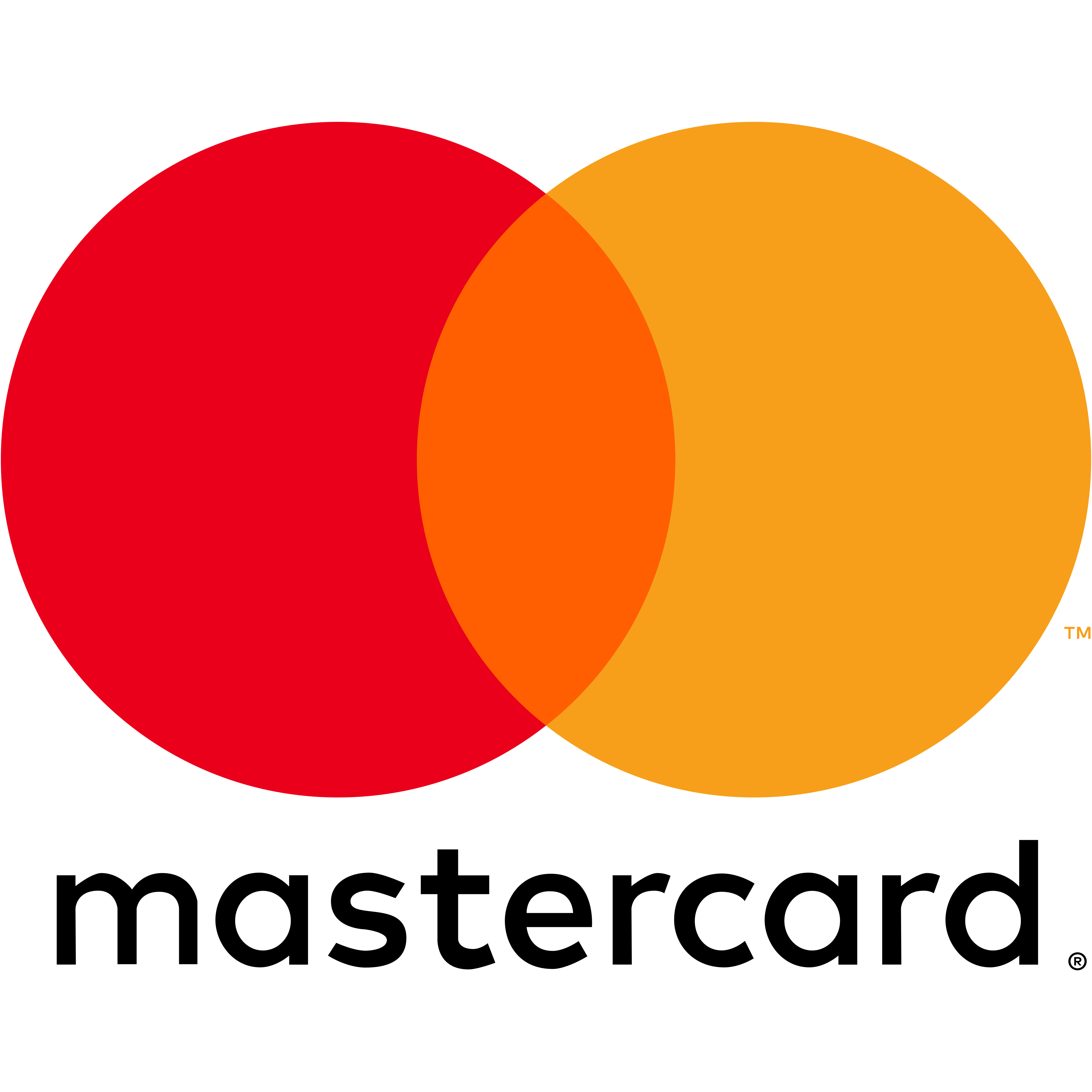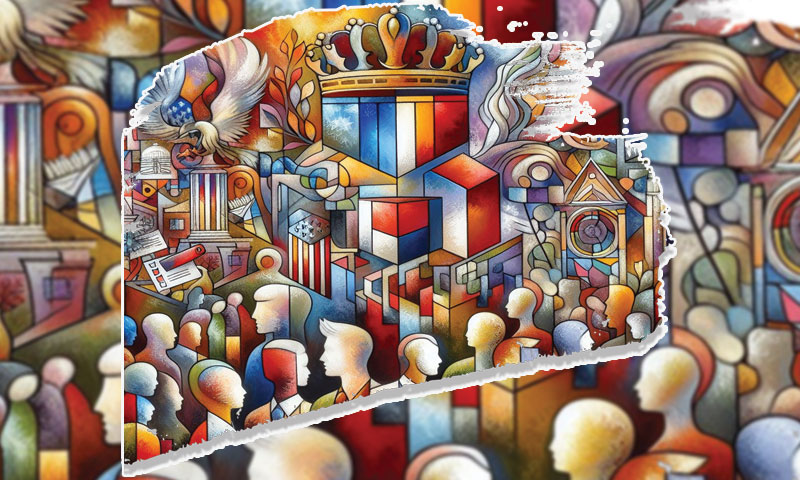Keeping in view the blessed eras of the Messenger of Allah (PBUH) and his Companions, no matter how much criticism of monarchy is made, it seems insufficient. The reason is that the blessed age of the Holy Prophet (PBUH) is the age of elevation of humanity, and the Rightly-Guided Caliphate is the continuation and detail of that ascension. However, contemporary criticism of monarchy in the Muslim world does not emerge from the noble traditions of the Prophet (peace be upon him) from the conduct of the Leader of the World (PBUH) and the Rightly-Guided Caliphate. Its backdrop is democracy. However, the criticism of monarchy by democracy does not deserve even a cursory glance. The reason is that the democratic criticism of monarchy is reactionary. Democracy has established itself by fighting the institution of monarchy, so it can neither appreciate some of the good aspects of monarchy nor do justice to criticizing it. Reactionary criticism is usually one-sided, unilateral, and cursory. But another major flaw in the criticism of monarchy by democracy is that democracy is a quantitative system while monarchy is a qualitative system. If we think about it, a quantitative system simply cannot criticize a qualitative system, because their standards and scales are different. In this perspective, the critical standard of democracy itself is wrong. It is like starting to measure milk with a yardstick and then due to faliure in measuring it, declaring milk to be a bad thing. When democracy says that monarchy is a bad system, it does not say so by using the right standards, rather it applies its quantitative scale to a qualitative system. Obviously, the right criticism can never be produced by using the wrong scale.
The importance of this discussion for the Muslim world is that here people apply the democratic criticism of monarchy to that part of their history which involves of monarchy. Two results emerge from this: first, it results in ‘democratic shame,’ meaning we feel ashamed of our monarchical history from a democratic perspective. This gives rise to individual and collective superficial emotionalism and discouragement, which cannot be acceptable for any society.
The second result of the application of the democratic criticism on Muslim history is that Muslims start suffering from historical gaps everywhere. In Muslim history, there are instances where the institution of monarchy has lasted for a thousand years. As soon as it comes under the blow of criticism of democracy or democratic criticism, a history of a thousand years suddenly disappears, which is a huge loss because in the life of nations and countries, the importance of history is that on the one hand, it is a symbol of continuity of consciousness and on the other, it is a means to understand the present and future in the light of the past. Therefore, when a nation is deprived of the consciousness of its history, not only is the continuity of its consciousness interrupted, but it also becomes incapable of understanding its present and future in the light of its past. Therefore, those in the Muslim world who claim that nothing significant happened in the long history of monarchy besides monarchy are mistaken. In fact, much more happened in the history of monarchy beyond just monarchy.
The importance of the above-mentioned historical facts is also recognized in “democratic” societies. Britain is called the mother of democracy but the institution of monarchy has been kept there in an ineffective form. The British thinkers understand very well that monarchy is not only a symbol of continuity of consciousness and a means to see the present and future in the mirror of the past, but their nation is also emotionally attached to the institution of monarchy. Therefore, completely cutting them off from monarchy will not be good for their nation. And this is not just about Britain. In many European countries, monarchy has been retained as a valuable historical heirloom. From this point of view, it can be said that while the Europeans have a relationship of simultaneous love and hate with monarchy, here (in the subcontinent) only hatred comes in the context of monarchy. This hatred becomes even more dangerous when it transforms into sheer hatred of the past in abstract terms, and thus our entire past becomes a rejected object. It is an enormous loss that is difficult to estimate. But another question here is what is the criticism of monarchy that has become popular here and how much truth is there in it?
The biggest criticism leveled against the institutions of monarchy here is that the kings indulged in excessive spending. They had no other work besides constructing palaces, gardens, and fortresses. The kings built the most mosques in their constructions, and mosques are one of the central symbols of Islamic civilization. When Muslims populate a settlement, their first concern is to build a mosque there. This mosque not only serves as a place of worship but also determines the identity of that settlement. At one time, the identity of Delhi was the Shahi Masjid of Delhi. There was a time when the central reference of Lahore was the royal mosque of Lahore. Undoubtedly, huge sums were spent on the construction of these mosques, but the purpose was to manifest the glory and beauty of Islam through the mosques. In this perspective, only those people can object to the construction of mosques who have no interest in Islam and its civilizational development.
The Mughal emperors have also established many gardens in the Indian subcontinent, but the fundamental, essential, and key reason for this is also religious. In Muslim civilization, the garden symbolizes paradise, indeed, the meaning of paradise is inherent in the garden. And this symbol is so deeply ingrained in the consciousness of Muslims that even while living on earth, they remain enamored with the love of paradise. They have desired to populate such areas on the land that upon seeing them, they and other believers are reminded of paradise continuously.
As far as the construction of forts is concerned, the fort has been understood as a symbol of defensive fortification in almost every civilization, and objection to building defensive fortifications is an objection to the notion of security.
You might say that Muslim kings also built a lot of palaces and palaces are symbols of luxury. Absolutely right. If Muslim kings did not build palaces, who would have called them “kings”? But the question here is also whether democratic rulers live in huts?
Dear TNT Reader,
At The News Tribe, our mission is to bring you free, independent, and unbiased news and content that keeps you informed and empowered. We are committed to upholding the highest standards of journalism, as we understand that we are a platform for truth.
Apart from independent global news coverage, we also commit our unique focus on the Muslim world. In an age marked by the troubling rise of Islamophobia and widespread misrepresentation of Muslims in Western media, we strive to provide accurate and fair coverage.
But to continue doing so, we need your support. Even a small donation of 1$ can make a big difference. Your contribution will help us maintain the quality of our news and counteract the negative narratives that are so prevalent.
Please consider donating today to ensure we can keep delivering the news that matters. Together, we can make a positive impact on the world, and work towards a more inclusive, informed global society.
Donate Monthly Subscription Annual Subscription





